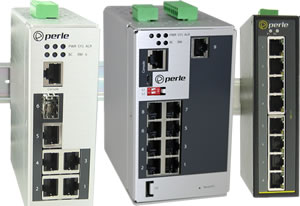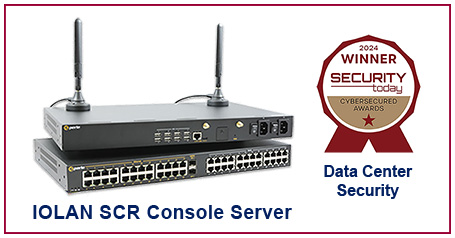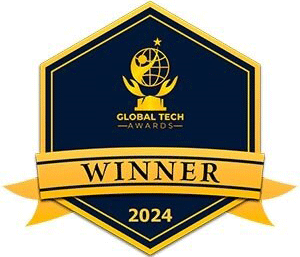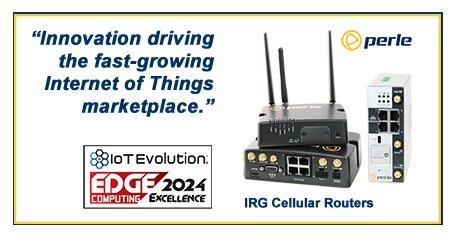
How governments can use IoT to improve public welfare
By Perle SystemsFebruary 9, 2023
The internet of things (IoT) is an incredible tool that's being utilized across all sectors and industries, both private and public. Governments worldwide are tasked with improving and ensuring their citizens' wellbeing, and this can be a very burdensome undertaking for many reasons. Fortunately, IoT is here to help alleviate some of that pressure and enhance the way countries' public servants provide services to residents. Let's take a look at some of the ways governments are using IoT to better their constituents' lives.
Controlling air pollution
With the signing of the Paris Accord in 2015, nearly 200 countries have pledged to implement programs to reduce their carbon footprint and mitigate the effects of climate change. As Forbes explains, cities are responsible for producing around 70% of worldwide greenhouse gas emissions (as opposed to industrial or manufacturing plants). This is, quite obviously, a public health issue that governments must attend to.
Many municipalities have begun installing internet-enabled sensors that measure pollution created by vehicles on their roads. The information these devices gather is used to help traffic officials create more fuel efficient routes and prevent congestion, thereby decreasing the amount of carbon dioxide emitted by idling vehicles. City planners can also apply this data to prevent creating areas of highly concentrated air pollution when designing public spaces.
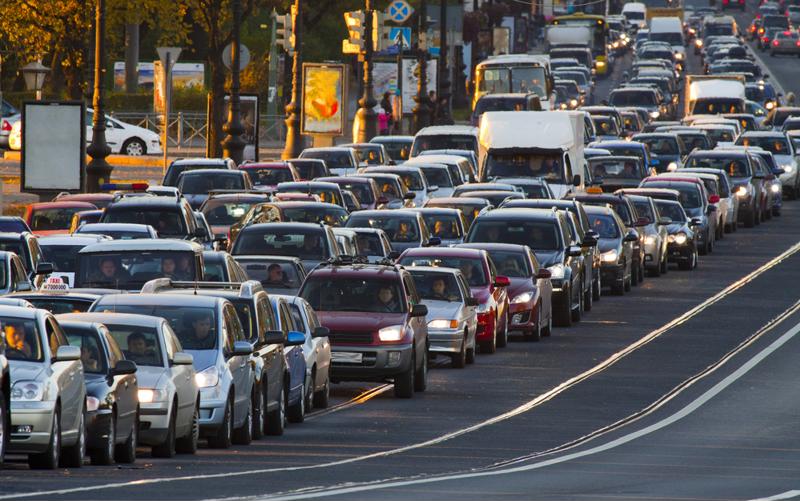
Conserving water supply
Although around 70% of Earth's surface is covered by water, only 1% of it is fresh and safe for human consumption. Combined with worsening droughts in countries the world over, it's imperative that governments take measures to protect stores of this precious natural resource.
According to the World Economic Forum, in Barcelona, the Spanish government has begun using remote-controlled irrigation systems in public parks and water fountains to restrict how much water is used. IoT sensors buried in the ground monitor soil moisture levels to determine what quantity of water is required on any given day, and electronic valves are automatically opened or closed accordingly. In doing so, the city has reduced its water consumption by approximately one-quarter.
Feeding the people
As much of the world's farmland becomes inarable due to rising temperatures, we're having to rethink how we maximize the remaining land to grow crops. Farmers are installing monitoring devices to track the health and condition of the surrounding air and soil, looking at factors such as temperatures and humidity. This technology is allowing agricultural businesses to improve crop yields by adapting how much water and fertilizer they use.
Similarly, IoT is also being employed to reduce food waste. Sensors are being placed in warehouses and storage containers from the moment plants are harvested all the way to delivery to their final destination. This is empowering food producers to change the environment as and when needed throughout the supply chain to reduce the amount of produce that spoils during its journey from the farm to the table. Much of this technology is being financed and subsidized by governments in an effort to boost access to food and minimize landfill pollution.
Supporting a wide assortment of end-user needs with Perle
Governments are now in a position to use smart technology and artificial intelligence to upgrade their citizens' quality of life. Perle offers a range of IoT solutions that help governments manage such interconnected networks efficiently, accurately and securely.
